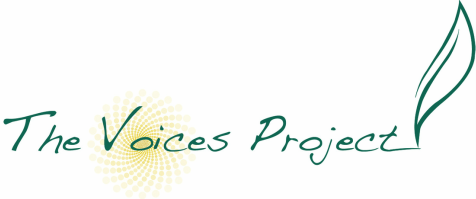but I do remember the pleasure I took at reading “Annabel Lee,”
“For the moon never beams, without bringing me
dreams
Of the beautiful Annabel Lee.”
It was playful yet sad, and I loved the rhyme,
and that poem brought me to other Poe works.
I also remember “Sea Fever,” which I always remember by the first lines,
“I must go down to the seas again, to the lonely see and the sky,
And all I ask is a tall ship and star to steer her by;”
There was a majesty about it—with its reverence for the sea
—and yet it was playful too with its “merry yarn from a laughing fellow-rover.”
Poetry was so expressive, so beautiful, so clever;
Its magic was that it could take on anything, love, the seas, even death,
with Dylan Thomas’ “Do no got gentle into that good night” but “Rage, rage against the dying of the light.”
I am sure I was asked to write poetry in school,
but I don’t think that I was ever taught to write poetry.
I doubt children today are taught to write poetry,
unless they are in a creative writing class in college.
What might the world be like, if everyone wrote poetry?
As I grew older, I read all kinds of poems by all kinds of writers.
“We Real Cool” is deceptively simple until you get to “We die soon.”
“Against” by Jimmy Santiago Baca is a favorite
—they can lock him in prison and take away his freedom,
but they can’t take the moon away from him.
The magic of poetry is the way it connects with us,
on a profoundly personal level.
It humanizes and cleanses us;
it takes us to experiences and emotions that might not be ours,
and yet makes them ours because we have read about them in poetry.
There have always been poets because
the magic of poetry touches something primal in our souls
—something inspired by the divine--
May there always be because “what is found there”
takes us to a higher place.
Author Bio:
Kathleen Murphey teaches reading and writing at Community College of Philadelphia. She is the mother of three beautiful young women who never fail to inspire her.

 RSS Feed
RSS Feed